[big mistake] is it a waste to make espresso with boutique coffee beans?
Professional coffee knowledge exchange more coffee bean information please follow the coffee workshop (Wechat official account cafe_style)
Occasionally, the editor will be asked by fans: I have a (Italian) coffee machine at home, what kind of beans should I use?
The editor usually recommends some high-quality beans according to his taste, and then he will be asked: Ah? Do you make espresso with such good beans? Would it be wasteful? Boutique coffee beans should not be used for hand brewing, is it better?
Um... I'm afraid you have any misunderstandings about boutique coffee and espresso?
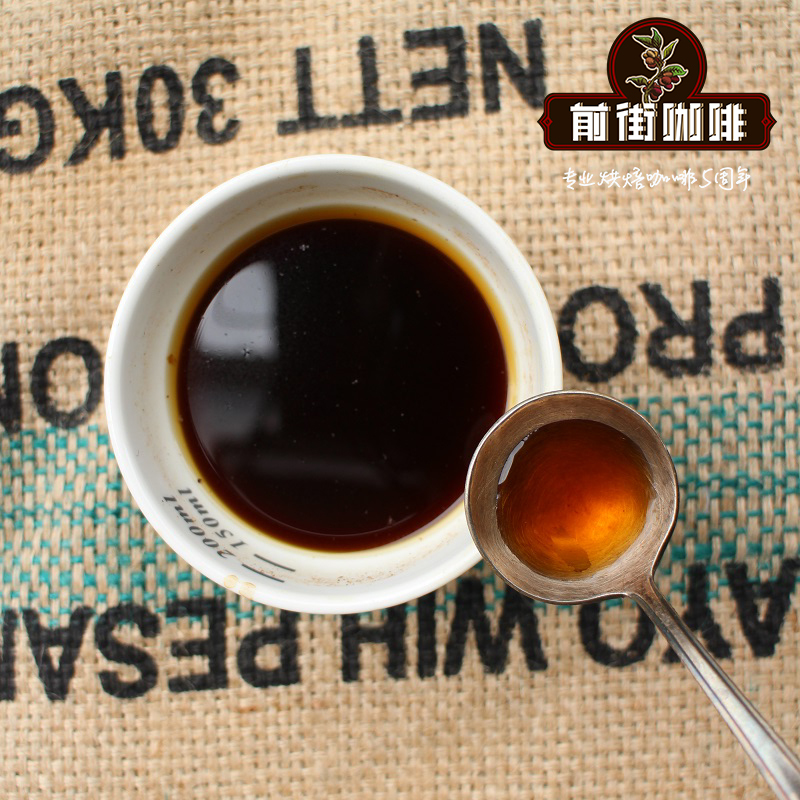
Is it a waste to make espresso with boutique coffee beans?
Let's first analyze, can boutique coffee beans be made with an Italian coffee machine?
With the third wave of boutique coffee sweeping the world, espresso, as the product of the second wave of coffee, seems to be caught in an embarrassing misunderstanding that "can be overthrown at any time". Many people seem to subconsciously rule out espresso when discussing boutique coffee. Is it possible that only hand-brewed coffee can perfectly interpret the meaning of fine coffee? Or, it is necessary to eliminate any machine interference to brewing, using "manual" brewing in order to highlight the nobility of fine coffee?

If you think so, you are too narrow-minded about boutique coffee. Boutique coffee discusses the importance of coffee producing areas, processing technology and quality, and pursues the humanistic concern of mutually beneficial coexistence of the whole industry chain from seed to cup, which represents a series of tedious processes from beans to cups. Must be rigorous and traceable. What does it have to do with what utensils you use and what cups you drink with? The same beans, because of different extraction methods, you can also drink different scenery.
Handicrafts do not represent fine works, nor do they represent non-fine works.
When promoting the concept of boutique coffee, we usually choose to use hand-brewing, siphon, love pressure and other brewing methods, using the tedious deductive process to give coffee a strong sense of ritual, but also give customers a visual, olfactory experience, in order to show the store's highest enthusiasm for customers. But this is not the true meaning of boutique coffee, that is to say, not the whole meaning.
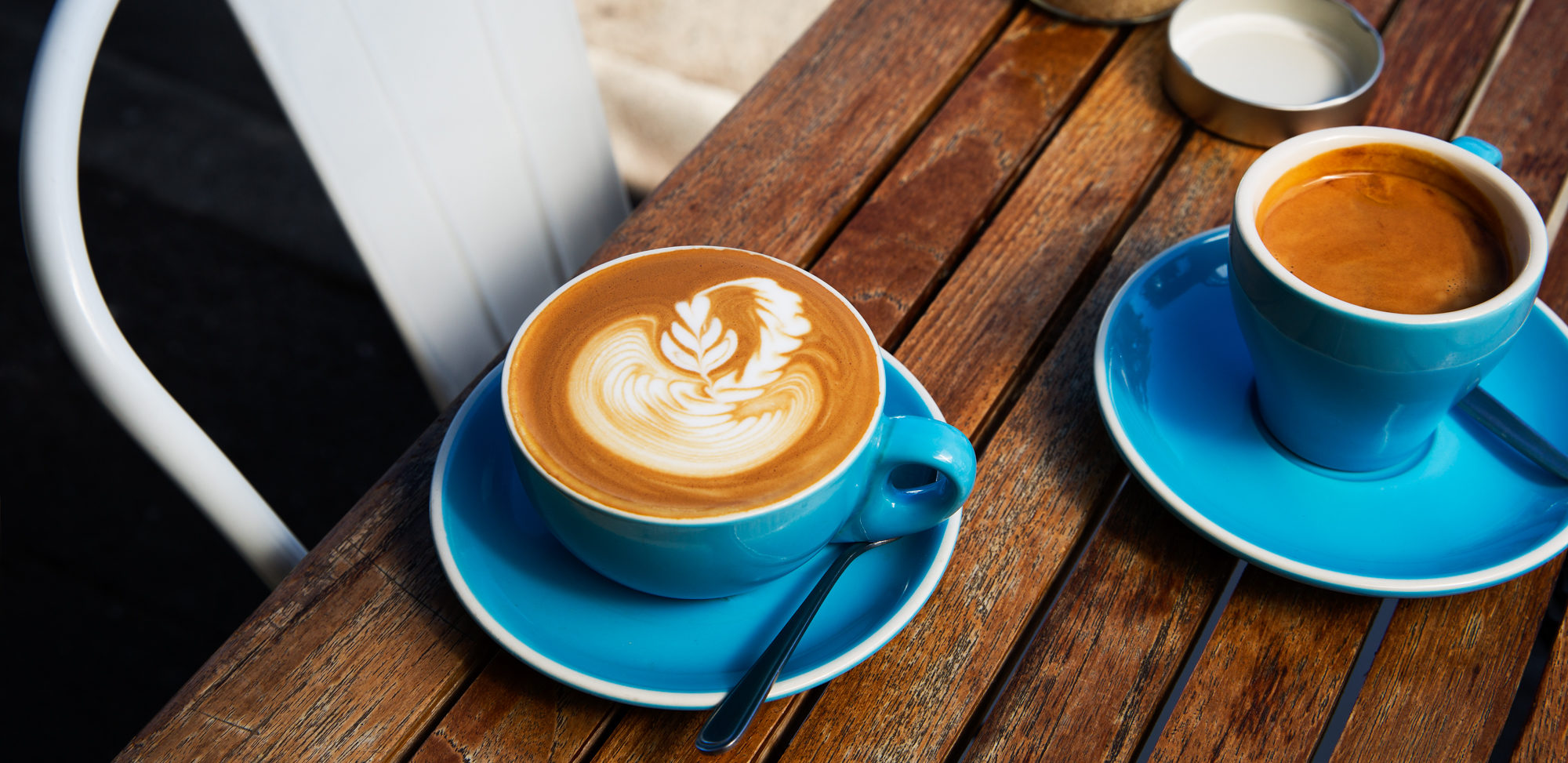
Give a cup of high-quality coffee to the guests, and the guests will support the continued development of the coffee industry with corresponding remuneration. That's what boutique coffee means. Isn't the best destination for boutique coffee beans to fall into the belly of guests? Is it possible that cooking with a machine and not brewing by hand will damage the value of boutique coffee beans? If you choose high-quality coffee beans with easy to identify flavor with an Italian coffee machine, you can produce a typical espresso with a unique flavor. For example, Yega's typical citrus flavor, Kenyan berry flavor, etc., coupled with espresso will magnify the taste of coffee, specific flavor will be more prominent than hand-made!
Can I use boutique coffee beans in the Italian coffee machine?
Espresso is a coffee beverage based on Espresso made by espresso machine, with milk and water added. The brewing of espresso usually includes three main characteristics:
High temperature: 92 degrees
High pressure: 9 atmospheres
High powder / water ratio: 1:2
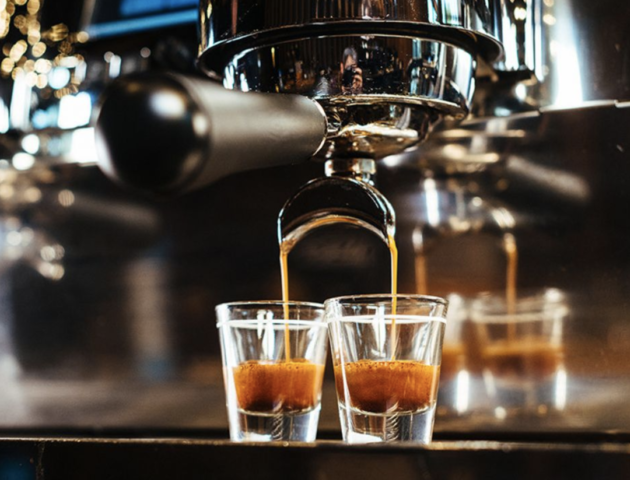
These three characteristics make Italian coffee show strong and solid, coffee and milk taste harmonious coexistence. At the same time, due to the short extraction time, sensitive extraction parameters and obvious manual operation deviation, the fault tolerance rate of Italian coffee extraction for coffee beans is very low, and there are some defects, whether it is the defects of coffee beans or the defects of parameter operation. will make the final product worse, a thousand miles of error.
You see, of all the brewing methods, why can't Italian coffee use high-quality coffee beans, which are the most critical of all brewing methods?
The editor guesses that most people have the following three concerns:
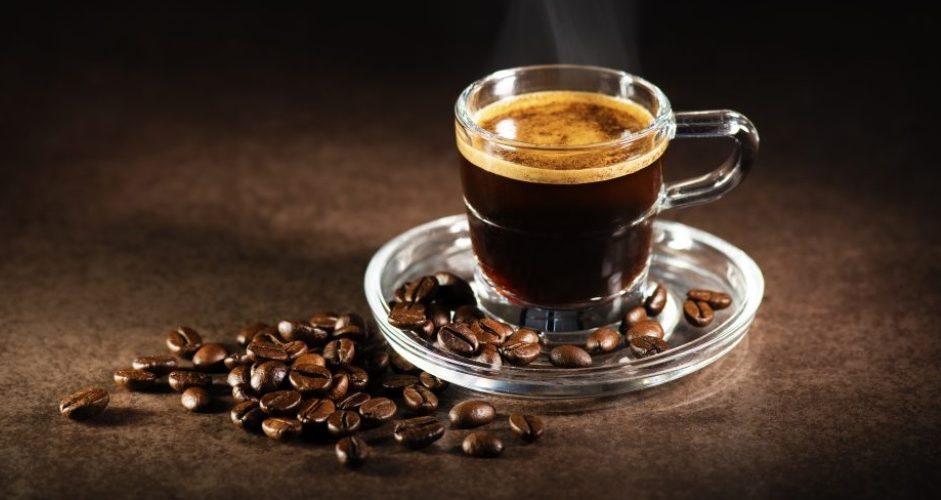
1. Espresso machines usually use deep-baked beans.
The Italian coffee machine is indeed more demanding on the degree of roasting. Light-roasted coffee beans are not as easy to extract complete flavor as deep-roasted coffee beans in relative unit time. Traditional Italian coffee production conditions are limited, and when the temperature and pressure cannot be adjusted freely, it is indeed difficult to show the shallow roasting flavor of the mainstream boutique coffee beans. However, the choice of medium and deep baking degree does not accord with the mainstream expression of boutique coffee beans.
But with regard to the topic of "can boutique coffee beans be roasted deeply", we were talking about "Why is boutique coffee only roasted in light?" Doesn't deep baking count? "it has been discussed in it. It is not that the coffee beans will taste almost the same when they are deeply roasted, and the coffee will not taste the same as long as they are brewed with an Italian coffee machine. Like deep-roasted hand-brewed coffee, deep-roasted espresso can also interpret fine coffee, but it is relatively more difficult.
Even for light roasted boutique coffee beans, with the update and development of Italian coffee machines, the extraction parameters are becoming more and more free. through the use of high-performance coffee machines (such as electronic temperature control) and bean grinders (such as EK43), as well as excellent cooking skills, it is no longer a very difficult problem to perform well in light roasting, but only the acceptability of the consumer market.
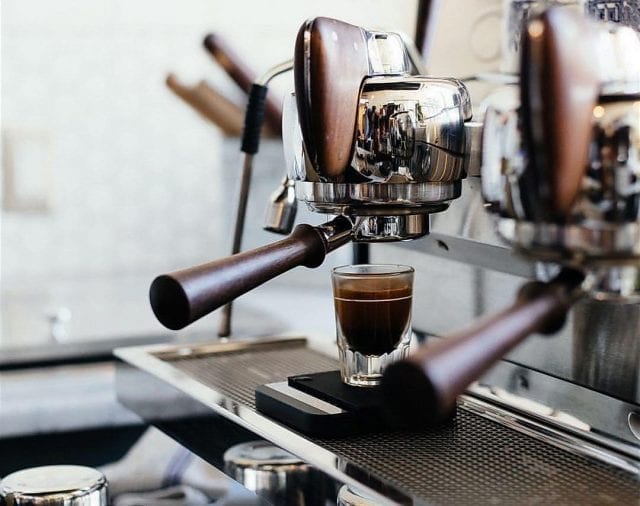
2. Italian coffee machines usually choose to mix coffee beans, and high-quality coffee beans will be destroyed as soon as they are matched.
Because the extraction of Italian coffee machine is easy to magnify the flavor characteristics of coffee beans, the sour taste is easy to be very sour, and the bitter taste is easy to be very fast, so the traditional Italian coffee beans are made up of a variety of coffee beans to form a balanced taste. In Italy, a bag of coffee beans can be made up of several or even dozens of coffee beans. So many people think it is ruined when they hear the combination of high-quality coffee beans, and think that mixing different high-quality coffee beans is a double waste, but the truth is that if the beans are all made of high-quality coffee beans, it can improve the fault tolerance rate of Italian coffee machine extraction. reduce the difficulty of production, at the same time avoid the taste imbalance caused by Italian extraction, and become very in line with public taste.
The biggest advantage of blending high-quality coffee beans is to ensure the stability of the coffee taste. When the quality of a certain coffee bean changes, or the output decreases or the price increases, the baker can choose similar coffee beans instead without affecting the overall taste, in a sense, it can make up for the shortcomings of small batches and unstable output of boutique coffee beans.
As for the disordered characteristics of boutique coffee brought about by blending, returning to the real demand for a cup of drink, in fact, most customers pay more attention to the taste than the story behind the coffee, don't they?
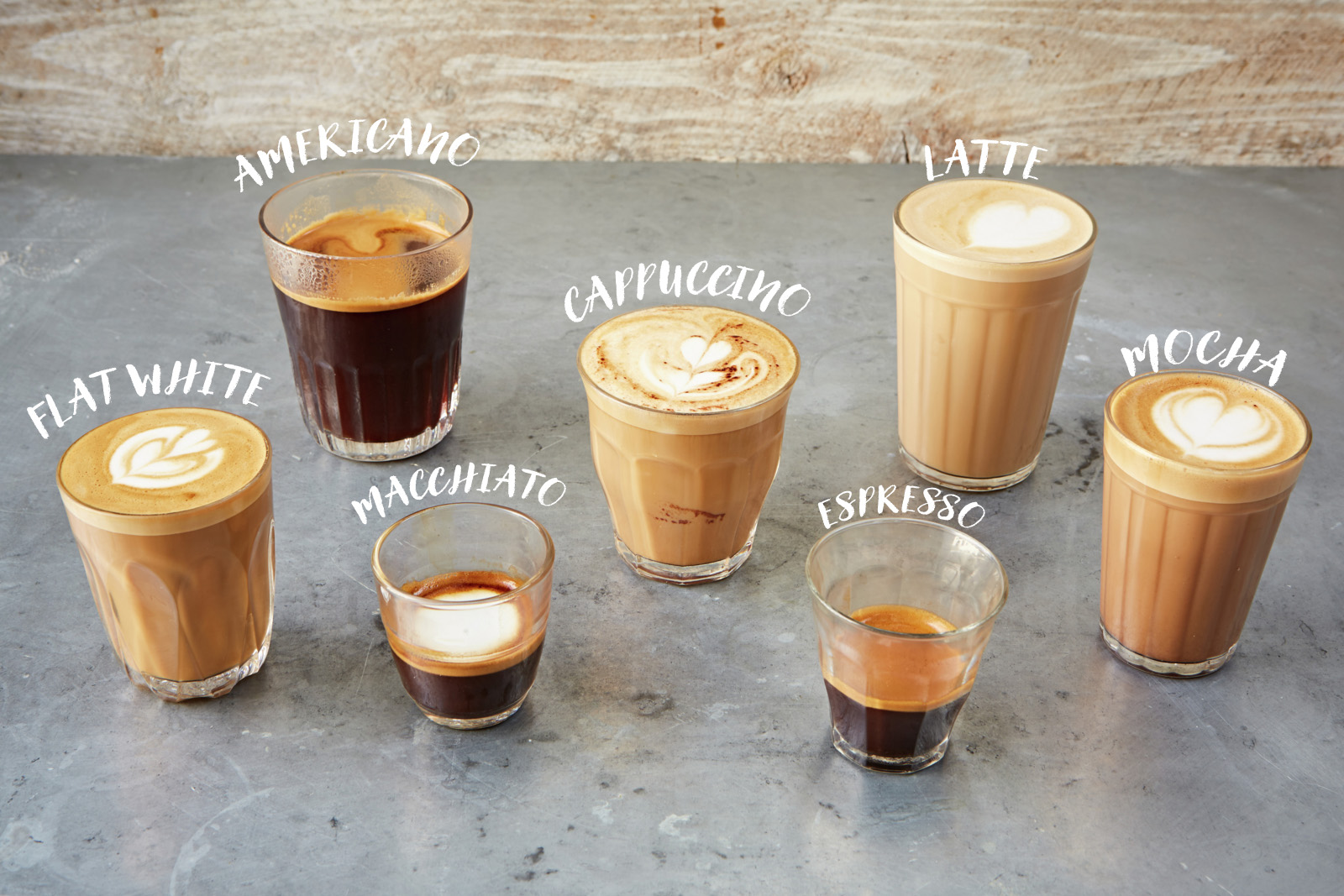
3. Espresso usually adds sugar and milk, wasting the "flavor" characteristic flavor of boutique coffee beans.
Is adding sugar and milk a waste of boutique coffee beans? This should be the biggest misunderstanding about boutique coffee. Indeed, as with deep roasting, sugar and milk mask a large part of the defective flavor of shoddy coffee, and naturally a large part of the unique flavor of fine coffee, but definitely not all of it. Good coffee is art, and an Italian coffee machine can give you a taste of where the coffee comes from.
In the second wave of coffee dominated by espresso, expensive and delicate Arabica coffee can overwhelm cheap and easy-to-live robusta coffee because of its excellent quality and no fear of sugar and milk. So, compared with commercial coffee, the quality of high-quality coffee beans, even if the espresso with sugar and milk, really does not reflect the superior quality?
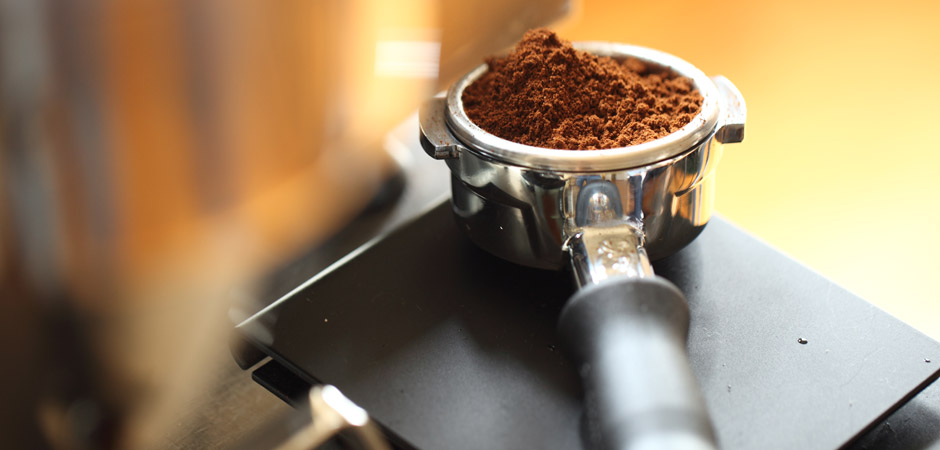
So that no matter the guests who often taste coffee or those who have not received taste training can benefit from good quality, isn't this the spirit of fine coffee? As long as you can make a better cup of coffee, boutique coffee beans are not wasted.
Last
At present, most of the espresso on the market use relatively low-quality commercial coffee beans because of price and output. With the popularization of the concept of boutique coffee, consumers' requirements for coffee quality will gradually improve. Using higher quality coffee beans to brew coffee (whether hand-brewed or Italian) is the inevitable trend of the development of the coffee industry. For coffee shops, using boutique coffee beans with more flavor characteristics as Italian coffee products can create more distinct product features and attract customers in this serious homogenization market. it is very helpful for brand image shaping and recognition.
Boutique coffee is so mysterious, complex and interesting, why don't we try to explore it in different ways?
END
Important Notice :
前街咖啡 FrontStreet Coffee has moved to new addredd:
FrontStreet Coffee Address: 315,Donghua East Road,GuangZhou
Tel:020 38364473
- Prev

What on earth is caffeine? How much caffeine is there in a cup of coffee?
What on earth is caffeine? Caffeine is a central nervous system stimulant that affects the brain, spinal cord and metabolism, which is why it has a refreshing effect. The peak of caffeine in the blood is usually within 1 hour after intake, and the residual event is 4-6 hours, which will be consumed with the excretion of urine. How much caffeine is there in a cup of coffee? we often talk about a cup of coffee, but one
- Next

The flavor characteristics of coffee are actually the products of a chemical compound. Where does the aroma of coffee come from?
There are too many factors in coffee that can affect coffee flavor: variety, baking methods, brewing methods, treatment methods. However, when you start to analyze it, the flavor characteristics of coffee are actually a product of chemical compounds. Of course, these compounds are affected by the way we roast coffee, the type of coffee, and the height at which we plant it. But if we really want to optimize,
Related
- Beginners will see the "Coffee pull flower" guide!
- What is the difference between ice blog purified milk and ordinary milk coffee?
- Why is the Philippines the largest producer of crops in Liberia?
- For coffee extraction, should the fine powder be retained?
- How does extracted espresso fill pressed powder? How much strength does it take to press the powder?
- How to make jasmine cold extract coffee? Is the jasmine + latte good?
- Will this little toy really make the coffee taste better? How does Lily Drip affect coffee extraction?
- Will the action of slapping the filter cup also affect coffee extraction?
- What's the difference between powder-to-water ratio and powder-to-liquid ratio?
- What is the Ethiopian local species? What does it have to do with Heirloom native species?

